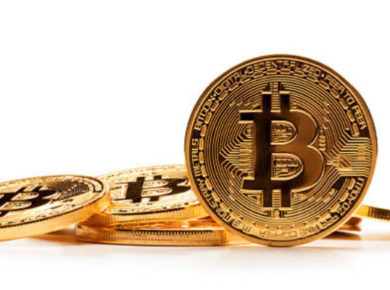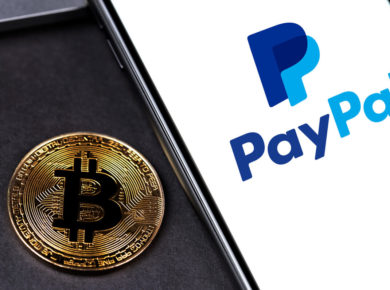New government regulations that will force South Korean crypto exchanges to cease order book sharing with overseas trading platforms could have a seismic effect on the crypto players in the country – and the issue is reportedly the main reason why major player Binance is set to close down its Binance Korea operations next month and only four out of 77 exchanges on target to meet stringent new guidelines.
Per EBN, the problematic ruling, which Our reported on earlier this week, Binance Korea “decided to close down due to the difficulty of discontinuing its order book” sharing policies with its international platforms.
Binance gave other reasons for the shutdown in its own official notice earlier this month.
Rival Huobi, however, has claimed it will stop its Huobi Korea exchange sharing order books with its overseas branches. Digifinex Korea has indicated that it is prepared to do likewise.
Regardless, the scale of the issue appears to be large than first thoughts. As the EBN report’s author notes, small and medium-sized exchanges have relied on order book sharing with overseas partners as a means of getting by, and many appear stumped as to how they will proceed without it.
Industry bodies have petitioned Seoul to amend a key crypto-related law that will promulgate in March 2021, ending order book sharing, and some exchanges are hopeful lawmakers will change their minds.
Per Bizwatch, only 11 out of South Korea’s 77 crypto exchanges have obtained the information security management system (ISMS) accreditation that the new law requires them to have in order to continue operating after March (plus a six month grace period).
And of that number only four (namely Bithumb, Upbit, Korbit and Coinone) have put into place real-name banking systems, making it “highly likely that only these four companies will survive” past the deadline.
However, some are doubtful about the possibility of a u-turn, with the regulatory Korea Financial Intelligence Unit writing ominously about the money laundering-associated risks of allowing exchanges to deal with “cross-transactions” between domestic and overseas trading platforms in the report that led to the clause being included in the act.
And EBN quoted an unnamed industry official as claiming that the upshot of the legislation would likely be that South Korean crypto investors take their funds to overseas exchanges.
“South Korean investors only use domestic exchanges out of convenience’s sake. There is no reason for investors to use domestic exchanges rather than overseas exchanges if they are high-volume traders,” the source said.
And another unnamed industry player was quoted as saying,











